At only four years old, the seeds of self-awareness have been planted in my beautiful multiracial child – my black son. The beginnings of his personal identity are taking root, growing strong on the foundation of two loving parents, a stable household and the support of family and friends. However, as a bicultural Latina, I know the road to self-love and acceptance in an environment that doesn’t readily reflect (or accept) the wholesome values of your existence will not be a straight path for my half Cuban, half African-American kids. Inevitably, societal assumptions of the way he looks and cultural expectations of the way he acts will push my son to label himself into only one box and, therefore, isolating the other.
Shoot (or don’t!), in today’s current climate, some might argue that raising him as anything other than “just” a black man would be a disservice to his safety. And that just makes me so very, very sad.
Cultivating a Multiracial Identity
Recently, my daughter shared with me her current perception of identity by saying, “Mami, I’m Latina, like you. Daddy is American. Sebastian [her brother] is Latino, too.” My son promptly joined the chorus with his sister. It was hard to control my grin; what mother doesn’t wish for their daughter to see themselves in her? In addition, since my aspiration to raise bilingual children rests on their willingness to accept a language not predominantly spoken at home, I was happy simply to hear the word Latina come from their young lips.
As I reported our children’s observations to my husband that night, I started to wonder if I was making a big parenting mistake. Especially for Sebastian, who’s father is not Latino, though the perfect example of gentle man I hope my son grows up to be.
Admittedly, my daughter thinks she is Latina because my influence tells her so. As I looked at my husband, at his dark skin and loving eyes, as I thought of the gracious family I inherited in marrying him—the legacy of my father-in-law, who passed away while we were on our honeymoon, never knowing his son’s children—I felt wrong. I felt guilt.
My children are his children, too. And he is not Latino.
Cultivating a multiracial identity means balancing and embracing all of a child’s mixed heritages. It means loving a child as they are, more than a parent’s desire to create an identity for them. Balancing between the right to self-identify and the awareness that society will always label us according to the way we look, act or the language we speak is a hard line to walk for parents. But here I am, trying my best to pass down this richness of culture, language and family that my children have inherited.
Whether by giving birth to multiracial children, adopting a child or just growing up Latino in mainstream America, children with mixed heritages should feel wholly supported, not haphazardly identified.
As children so often do, my mixed race babies taught me a valuable life lesson that day: I love my husband too much to garner his heritage obsolete in the identity of our children. My daughter is not Latina, nor is she Afro-Latina. And while she isn’t entirely African-American either, I will never again allow that part of her legacy to be overshadowed by the desire to leave mine. If our children are our legacy, I am proud to be raising one filled with the beauty of two heritages, two cultures and two languages.

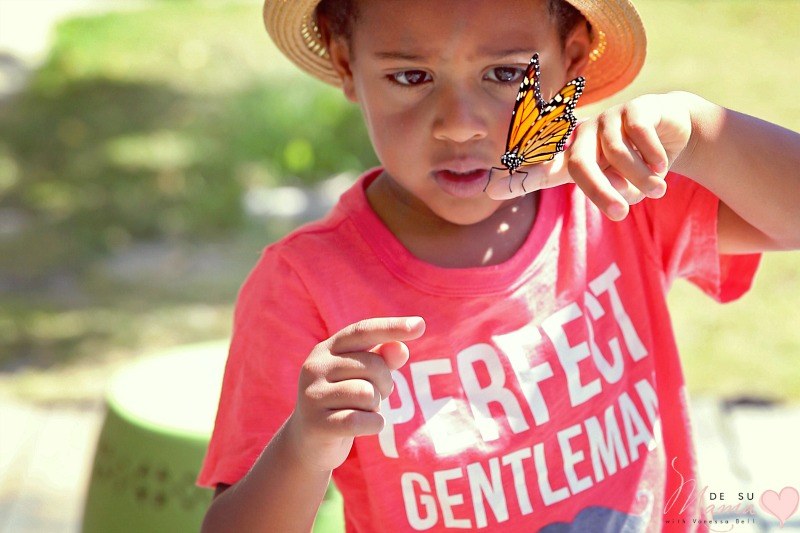
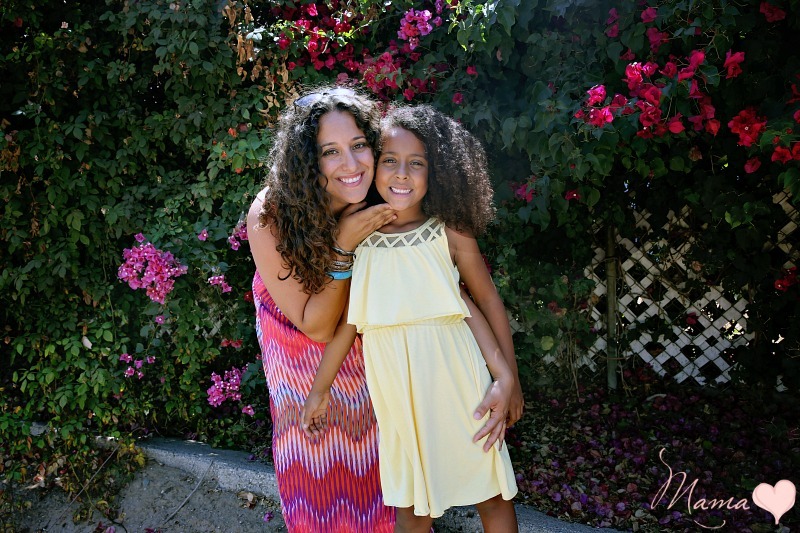
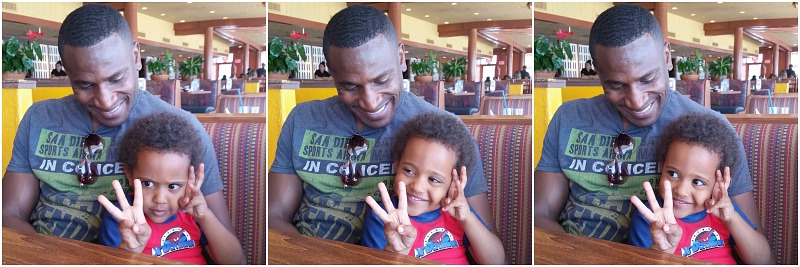

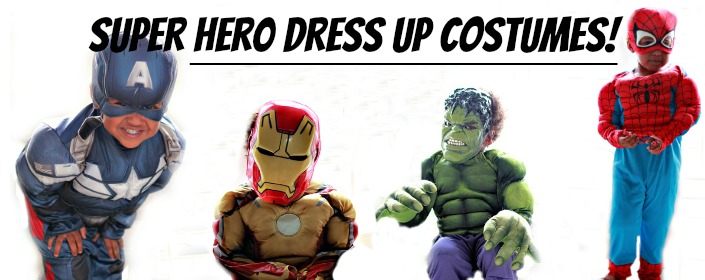
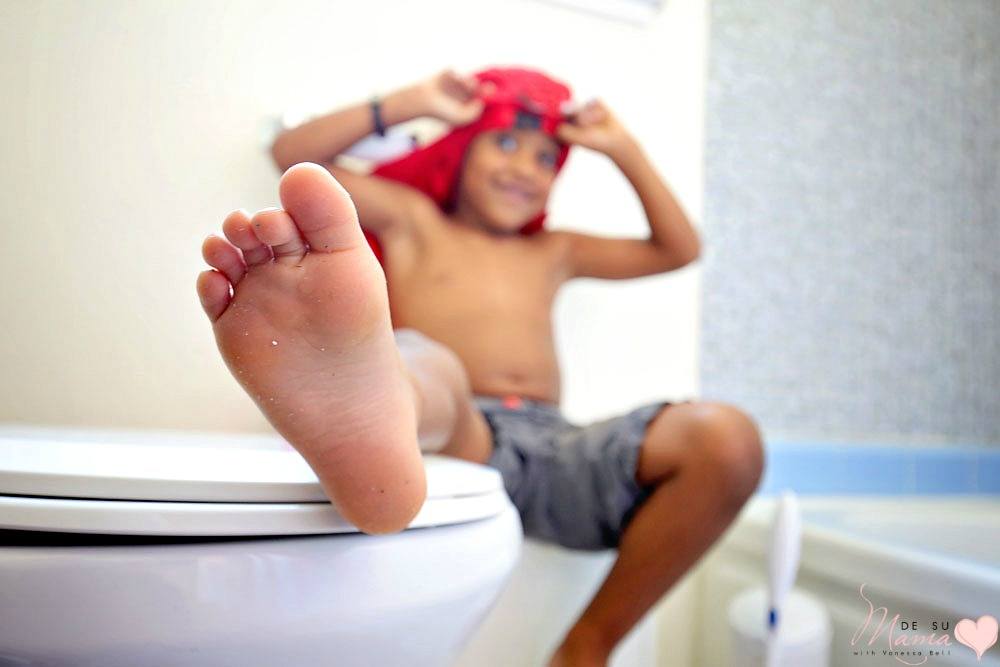
1 Comment
Lily
July 29, 2016 at 8:06 amWOW! I must say this article hit home for me. I have a multiracial 6 month old girl (I am of Dominican decent and my husband is African American). I have been so determined to help her identify with both of her cultures. Even though our girl is still very young, I have already started speaking to her in both languages and showing her things from both cultures. I will see it is very challenging, especially because I want her to embrace both of them equally. Thank you for sharing these wonderful posts! Definitely very encouraging for me in my journey to raising a bilingual/multicultural baby.